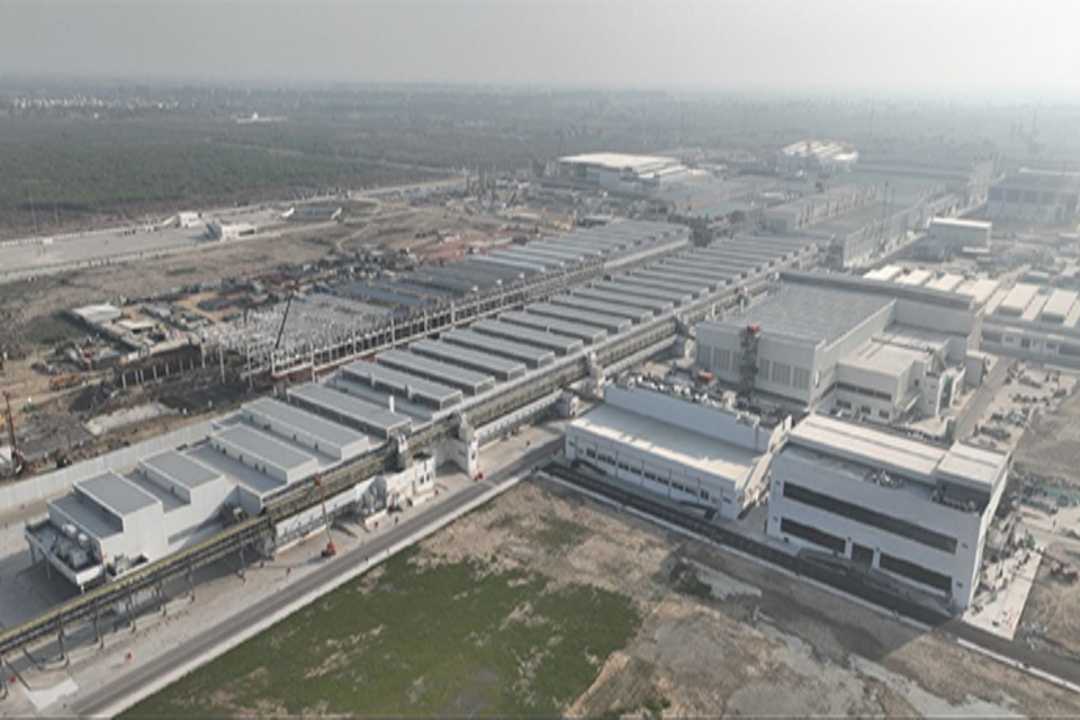Maruti Suzuki, India’s largest car manufacturer, launched the production of its first electric vehicle, the eVitara, at its Hansalpur facility in Gujarat on Tuesday. The production was inaugurated by Prime Minister Narendra Modi. The eVitara, which was unveiled at the Bharat Mobility Global Expo last year, marks the first of four electric vehicle models the company plans to release by the end of this decade.
Suzuki Motor has set an ambitious target of producing 67,000 electric vehicles by 2026, with the majority of these units intended for export. While the company has entered India’s electric vehicle market later than competitors like Tata Motors and Mahindra, its production ramp-up reflects Maruti’s intent to play a significant role in the growing sector.
Globally, many automakers are scaling back their electric vehicle plans due to challenges such as slowing demand, high prices, and a lack of charging infrastructure, compounded by the rise of more affordable Chinese electric vehicle options. In India, however, the EV market is poised for growth, with competition heating up as major original equipment manufacturers (OEMs) roll out mass-market electric models and work on enhancing charging networks.
Maruti Suzuki, aiming to become India’s top electric carmaker, has focused on a multi-fuel strategy for its decarbonization efforts. This strategy involves vehicles powered by a mix of battery-electric, hybrid, CNG, and flex-fuel technologies, each designed to meet the unique needs of various regions. By 2031, Maruti Suzuki expects CNG-powered vehicles, including those using compressed biogas, to account for 35% of its powertrain portfolio, catering to India’s cost-conscious consumers. Meanwhile, hybrid and traditional internal combustion engine (ICE) vehicles are forecasted to represent 25% each.
Suzuki Motor Corporation is positioning India as a key hub for electric vehicle manufacturing. The country remains Suzuki’s largest market, contributing over 61% of its total production and 57% of global sales in the last financial year. Maruti’s Hansalpur plant in Gujarat, which can produce up to 750,000 vehicles annually, was recently transferred to the company. With a total annual production capacity of 2.35 million vehicles across its facilities in Haryana and Gujarat, Maruti Suzuki is also expanding its production capabilities, aiming to nearly double its capacity to 4 million vehicles by 2030. The company has already started operations at a new greenfield plant in Kharkhoda, Haryana, and is planning another in Gujarat.







